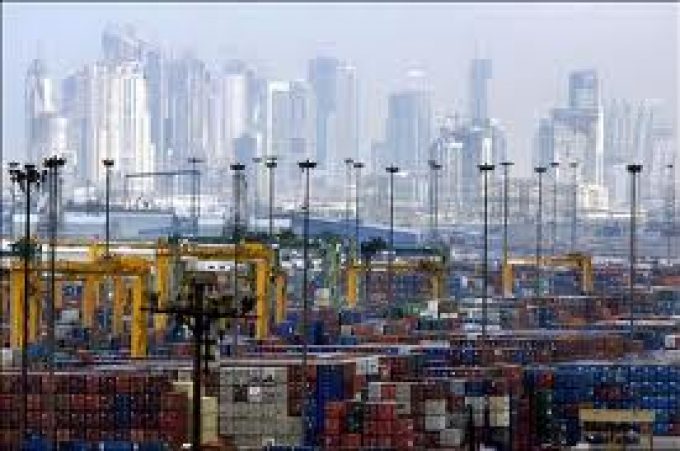'Another painful headache for shippers' as Asia-N Europe rate rally ends
It seems the recent container freight spot rate rally on the Asia-North Europe trade might ...

The US Federal Maritime Commission (FMC) has warned carriers and terminal operators against profiteering from unfair detention and demurrage (D&D) charges amid the disruption from an east and Gulf coast port strike.
Yesterday, the FMC published a reminder that “all statutes and regulations administered by the ...

Comment on this article